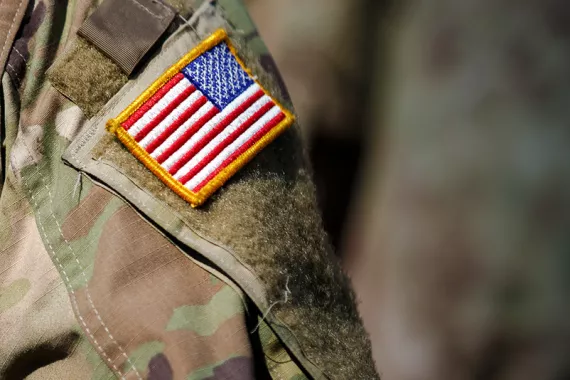
The Legal Team
EFP Injury Attorney
Case Overview
While bravely serving their country overseas, a deadly form of roadside bomb, known as explosively formed penetrators (EFPs), put U.S. military service members and contractors at increased risk. The perils they faced were seemingly further and needlessly heightened by certain banks that allegedly masked wire transactions to help fund Iranian terrorist groups, enabling them to manufacture these deadly explosive devices.
Motley Rice has worked with veterans in many areas of litigation including claims involving U.S. soldiers and contractors who were attacked by EFPs while serving in Iraq between the Fall of 2005 and December 2012, thereby making them alleged victims of terrorist funding.
Background on Explosively Formed Penetrators
Improvised explosive devices (IEDs) are said to have caused between half and two-thirds of all American deaths and injuries in Iraq. Of the roadside bombs encountered by U.S. troops in those warzones, EFPs are among the most lethal.
EFPs detonate with a force capable of traveling more than a mile per second and can breach tank armor 300 feet away. The devices are fashioned from commonplace items, including steel, PVC pipe, and explosives and are sealed with a copper disk.
The Bush administration alleged in 2007 that Iran was responsible for the arrival of EFP bombs in Iraqi war zones. U.S. officials alleged Lebanese militia group Hezbollah learned how to build the bombs from its Iranian allies, and then provided anti-American groups in Iraq with EFPs and the tools needed to build their own.
Certain banks allegedly aided in terrorism that harmed Americans by concealing wire transactions that funded Hezbollah and other groups.
Our Experience Fighting for Veterans and Litigating Terrorism Financing Cases
Motley Rice has been honored to represent service members in a number of litigation areas, including asbestos exposure. In addition, our attorneys fight for service members and civilian contract workers exposed to fumes due to the unauthorized use of open-air surface burning of hazardous waste, medical waste and human waste at military sites in Iraq and Afghanistan. Fumes from the burn pits allegedly caused serious illnesses and even death to returning veterans and contract workers. These cases have been consolidated under the name In re KBR Inc. Burn Pit Litigation. Motley Rice attorneys fought for more than a decade to hold Arab Bank accountable under the Anti-Terrorism Act (ATA) for supporting terrorists by funneling materials to top HAMAS leaders and families of suicide bombers. Arab Bank is headquartered in Amman, Jordan, and is one of the largest financial institutions in the Middle East.
In a landmark verdict in September 2014, Arab Bank was found liable by a Brooklyn jury for 24 counts of material support of terrorist attacks. The verdict marked the first time that a financial institution had been found liable under the ATA for financing terrorism.

